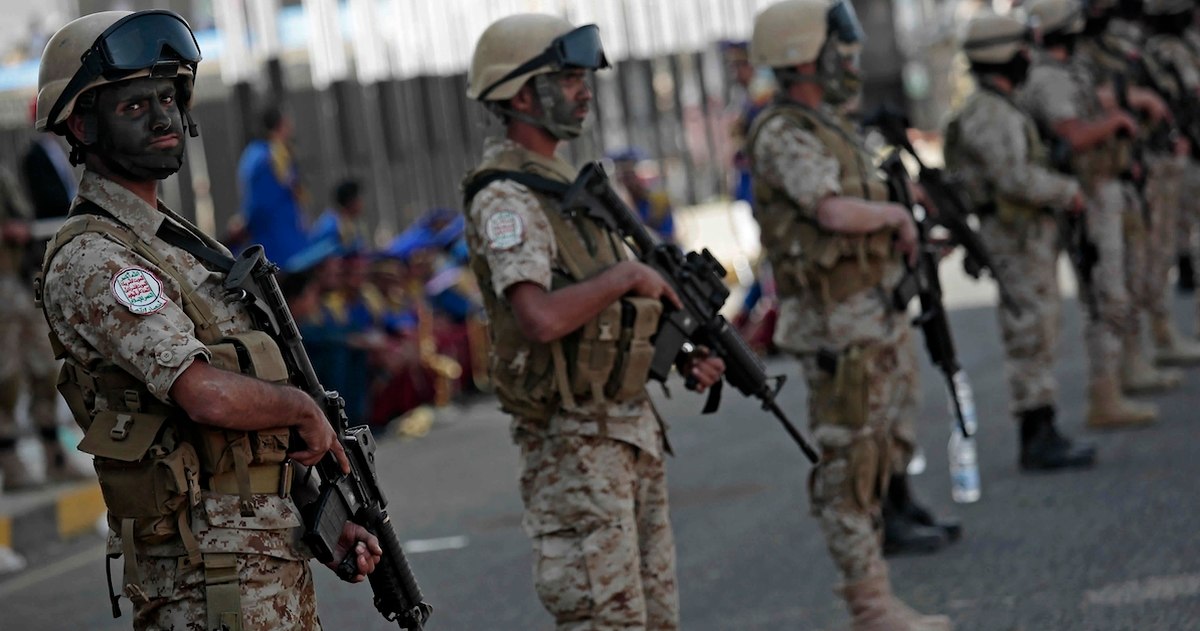Salaam
Another update
US raises pressure on Saudi Arabia with call for Yemen peace talks
Washington pushes for end to conflict that has resulted in high civilian death toll
The US has called for peace talks to end the fighting in Yemen, underlining the mounting pressure on the Saudi-led coalition battling rebel groups in the impoverished Arab state.
Mike Pompeo, US secretary of state, and Jim Mattis, defence secretary, said in separate statements late on Tuesday that they wanted the warring parties to start peace negotiations “within 30 days”.
The Saudi-led coalition intervened in the conflict in 2015 to back the exiled Yemeni government after the Iran-aligned Houthis seized Sana’a, the capital. The war has triggered what aid groups have described as the world’s worst humanitarian crisis, and scrutiny of Riyadh’s role in the conflict has intensified in the wake of the killing of Saudi journalist Jamal Khashoggi.
The death of Khashoggi in the kingdom’s consulate in Turkey has put renewed focus on the direction Saudi Arabia is taking under Crown Prince Mohammed bin Salman, the kingdom’s de facto leader. Western politicians believe any Saudi operation against Khashoggi was unlikely to have been authorised without Prince Mohammed’s knowledge. Riyadh has said the journalist was killed by rogue Saudi operatives.
Prince Mohammed has also overseen Saudi Arabia’s intervention in Yemen, where the coalition has been widely condemned for the high civilian death toll caused by air strikes that have hit weddings, funerals, schools and markets.
The US has no direct combat role in the Yemen conflict, but is a key backer and supplier of arms to the Saudi-led coalition.
Speaking at the US Institute for Peace, Mr Mattis said he would separate the Khashoggi “murder” out from the Yemen war. “That stands unique by itself,” he said.
The UN said this month that half of Yemen’s 28m population face “pre-famine conditions”. The warning, combined with the Khashoggi case and rising criticism of the war among US lawmakers, had galvanised those in the Trump administration who have been pushing for a diplomatic solution to the conflict, said a person familiar with the situation.
In a statement, Mr Pompeo said “it is time to end this conflict”, including air, drone and missile strikes by both the Saudi-led coalition and Houthis. He insisted that peace negotiations must start in November to address the underlying causes of the conflict and subject all large weapons in the region to international monitoring.
The conflict has morphed into a proxy war, with Washington and Riyadh accusing Iran of providing arms to the Houthis to stoke a conflict on Saudi Arabia’s doorstep.
The challenge will be trying to find a diplomatic solution to a war that involves myriad armed groups operating in a tribal country that has become increasingly fragmented as a result of the war. The Houthis, a battle-hardened group from Yemen’s north, control Sana’a and northern Yemen, while the exiled government controls the south and has been dependent on military and financial backing from Saudi Arabia and its main ally, the United Arab Emirates.
“There’s a lot of pressure on Saudi Arabia now so that is helping, but you’ve got all kinds of people across all these groups that don’t want this war to end and it’s going to be hard to manage all those interests. There’s also little pressure on the Houthis,” said the person familiar with the situation.
The UN, which has been leading diplomatic efforts to end the war, had sought to host peace negotiations between the Yemeni government and the Houthis in Geneva last month. The talks would have been the first since 2016, but the Houthi delegation failed to turn up, blaming the Saudi-led coalition for blocking its travel.
After the talks failed, the coalition relaunched an offensive to take Hodeidah, a Red Sea port vital for the import of food, medicine and fuel, despite warnings that the operation risked creating a humanitarian disaster. The coalition says the Houthis use the port to earn revenue and smuggle weapons in from Iran. Tehran denies arming the rebels.
A report by a UN panel of experts in August said the Saudi-led coalition was responsible for violations that may be considered war crimes, including torture, rape and air strikes on civilians. At the time Mr Mattis defended US support for the coalition.
https://www.ft.com/content/822261a6-dce6-11e8-9f04-38d397e6661c

